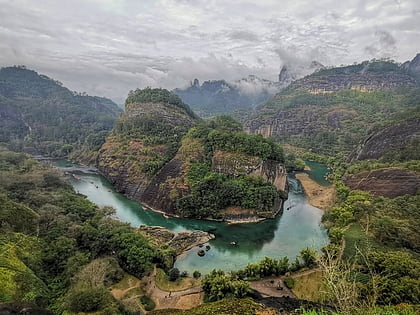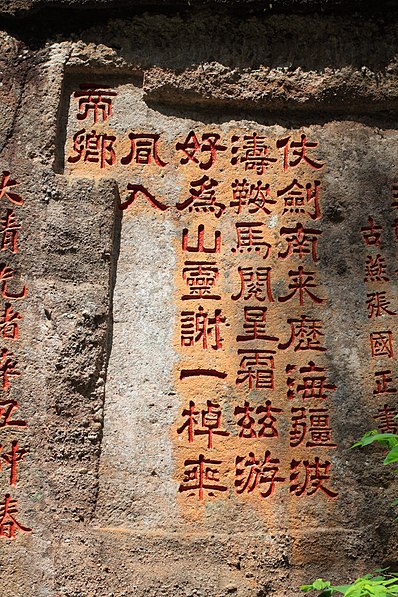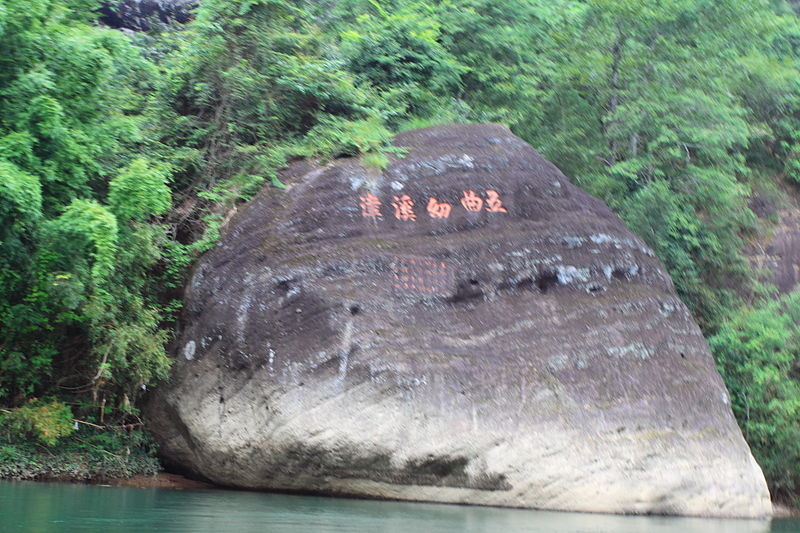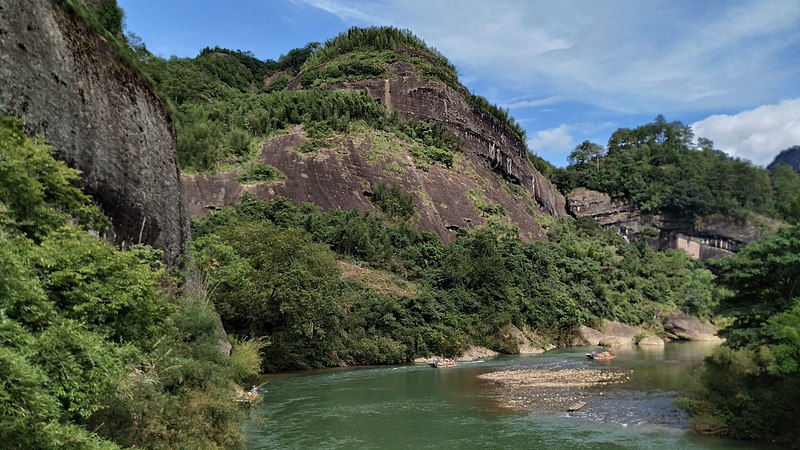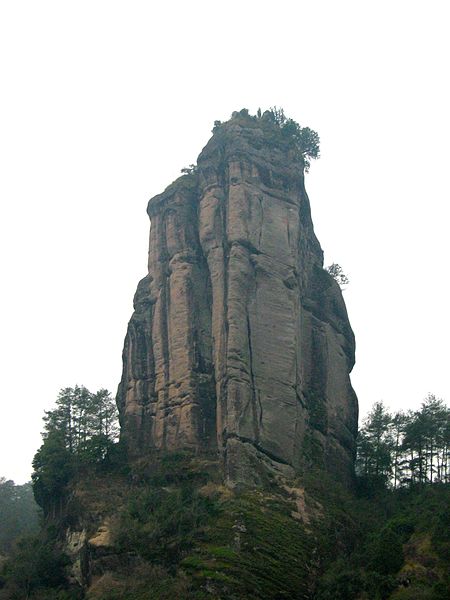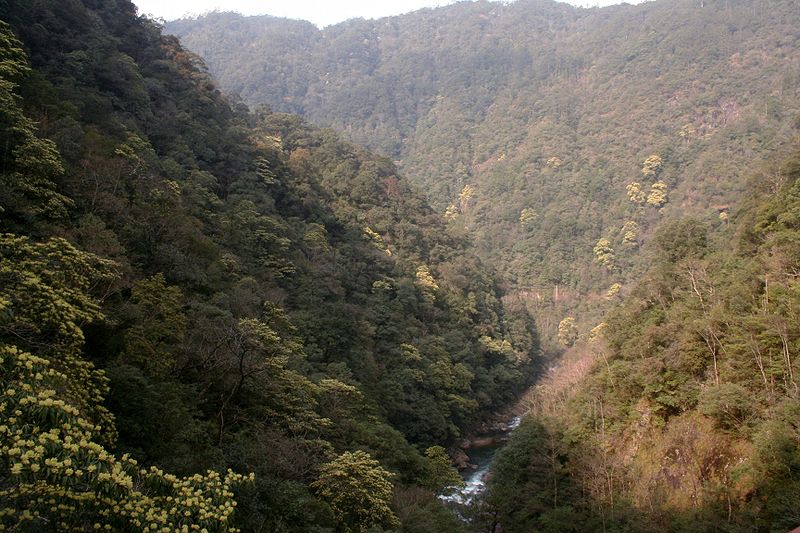Wuyi Mountains
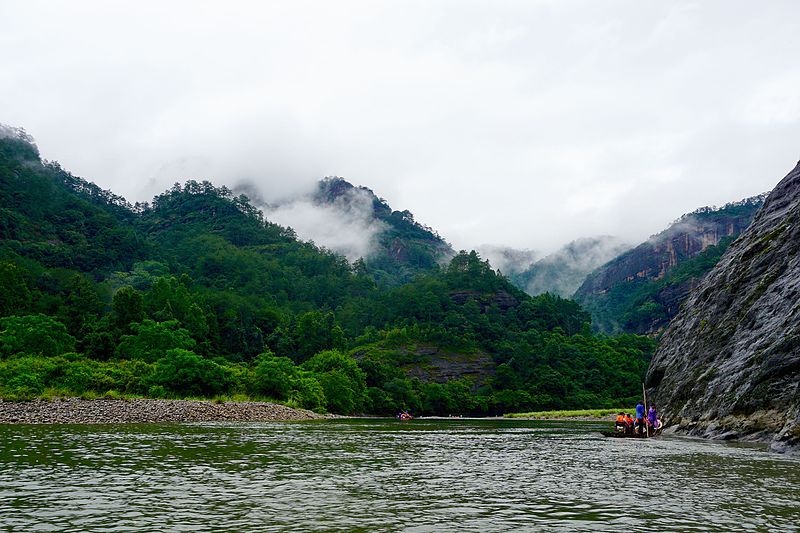
Facts and practical information
Nestled in the heart of Fujian province, China, the Wuyi Mountains are a breathtaking spectacle of natural beauty and cultural significance. This UNESCO World Heritage site, recognized for both its scenic and cultural values, spans a vast area of approximately 60 square kilometers. Renowned for their pristine rivers, lush forests, and a profusion of unique flora and fauna, the Wuyi Mountains stand as an emblem of the harmonious coexistence of human and nature.
The region boasts a remarkable geographic formation with a stunning array of cliff faces, high peaks, and deep valleys. The Nine Bend River meanders gracefully through the mountains, offering serene views and a tranquil ambiance that attracts tourists from all corners of the globe. Visitors can embark on bamboo rafting excursions to witness the grandeur of the landscape from the water, a perspective that reveals the full majesty of the towering cliffs and the verdant surroundings.
A park not only rich in natural wonders, the Wuyi Mountains are also steeped in cultural and historical heritage. It has been a site of significant tea cultivation for centuries, notably producing the highly esteemed Da Hong Pao, a variety of oolong tea. The art of tea production here is considered an integral part of Chinese culture, with ancient methods still employed to create teas of extraordinary quality.
The mountains have also been a cradle for the development of Neo-Confucianism, an important philosophical movement that shaped Chinese thought from the 11th century onwards. This is reflected in the numerous temples and monasteries that dot the landscape, many of which are accessible to visitors seeking to delve into the spiritual history that permeates the region.
For the adventurous, the Wuyi Mountains offer a plethora of hiking trails that wind through the scenic terrain. The most intrepid can ascend to the heights of the Heavenly Tour Peak, where the panoramic views are unmatched. The area is also home to an impressive biodiversity, with many species that are endemic to the Wuyi range, adding to the allure for naturalists and ecotourists.
Fujian
